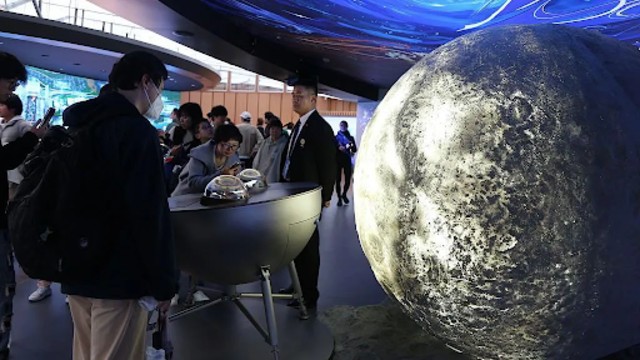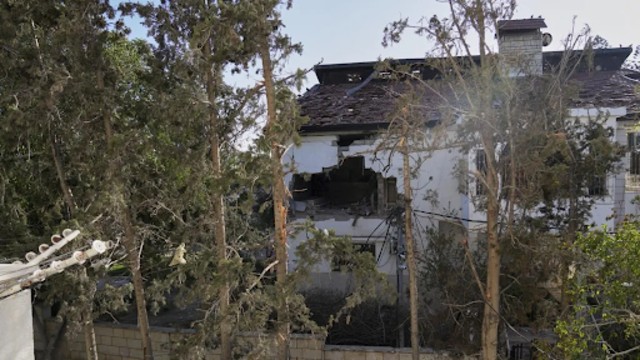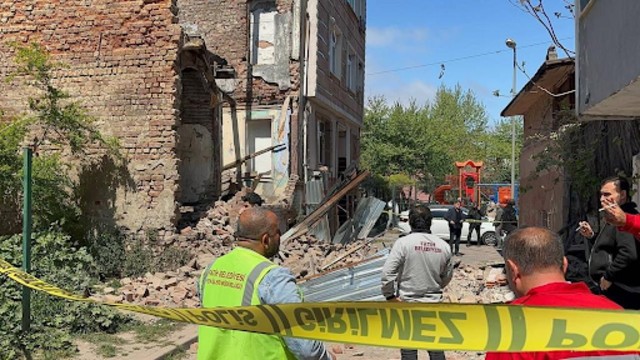
Satellite images reveal the *Golbon* container ship near Iran’s coast, carrying sodium perchlorate. CNN
A Chinese cargo ship carrying a crucial chemical for Iran’s missile fuel has arrived at the port of Bandar Abbas. The vessel, Golbon, left China three weeks ago with most of a 1,000-ton shipment of sodium perchlorate. This chemical plays a major role in powering Iran’s mid-range missiles, according to intelligence sources.
Experts believe the shipment could help Iran produce hundreds of missile engines, including those for Kheibar Shekan and Haj Qasem missiles. This delivery suggests that Iran may have quickly recovered its missile production capabilities after key facilities were damaged in Israeli airstrikes last year.
Another ship, Jairan, is expected to transport the remaining sodium perchlorate from China. Both vessels belong to Iran’s state-owned shipping company, which faces U.S. and U.K. sanctions due to its connections with Iran’s military programs.
Iran has faced setbacks in the region, especially with its allies experiencing losses. Many experts thought it would take at least a year for Iran to resume missile production after Israel’s attack. However, this shipment indicates that Iran might already be back on track.
The chemical was reportedly purchased for Iran’s Self Sufficiency Jihad Organization (SSJO), the group responsible for developing Iran’s ballistic missiles. Western intelligence is monitoring the situation but has not confirmed whether China’s government was aware of the shipment.
Missiles appear during Iran's *Great Prophet 17* military exercise in 2021. CNN
Although sodium perchlorate itself is not illegal or banned under international sanctions, it can be converted into ammonium perchlorate, a highly controlled substance used for missile fuel. China’s foreign ministry stated that the chemical is not restricted under its export laws and insisted that all trade follows legal regulations.
The U.S. and U.K. have long imposed sanctions on Iran’s state-run shipping company, accusing it of helping the country’s military development. China, however, remains a close ally of Iran, opposing U.S. sanctions and continuing trade and diplomatic relations.
Iran’s ballistic missile program is a major concern for Western countries. The Kheibar Shekan missile can reach up to 880 miles, while the Haj Qasem has a range of 900 miles. These weapons have been used in regional conflicts, including attacks on Israel by Iranian-backed groups.
Experts believe Iran’s missile production has expanded in recent years, with new manufacturing sites being developed. Although Iran claims to produce its own ammonium perchlorate, this shipment suggests that the country still relies on outside sources.
Western officials say Iran has over 3,000 ballistic missiles, but exact numbers are unclear. In October 2024, Iran fired around 50 medium-range missiles at Israel, according to intelligence reports. Wreckage from these missiles confirmed their use in the attack.
U.S. agencies are monitoring Iran’s missile program but are not overly concerned about this particular shipment. However, if the chemicals are used to build missiles for Russia, it could lead to increased scrutiny and further sanctions.
Iran’s government has not responded to questions about the shipment.















